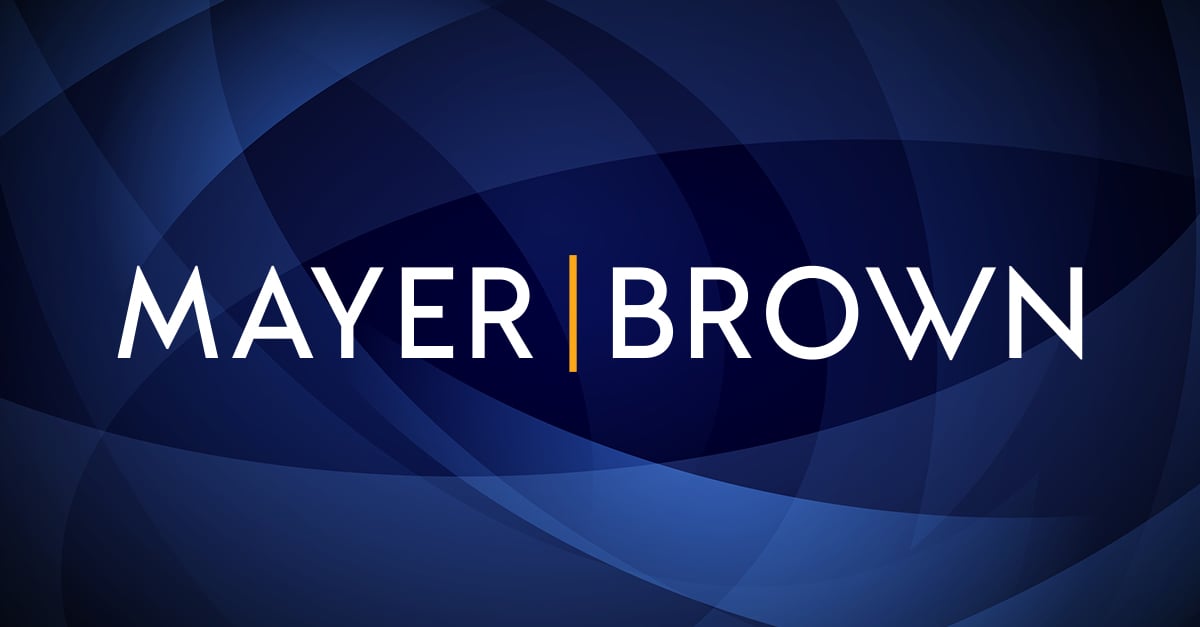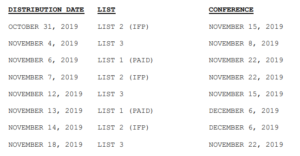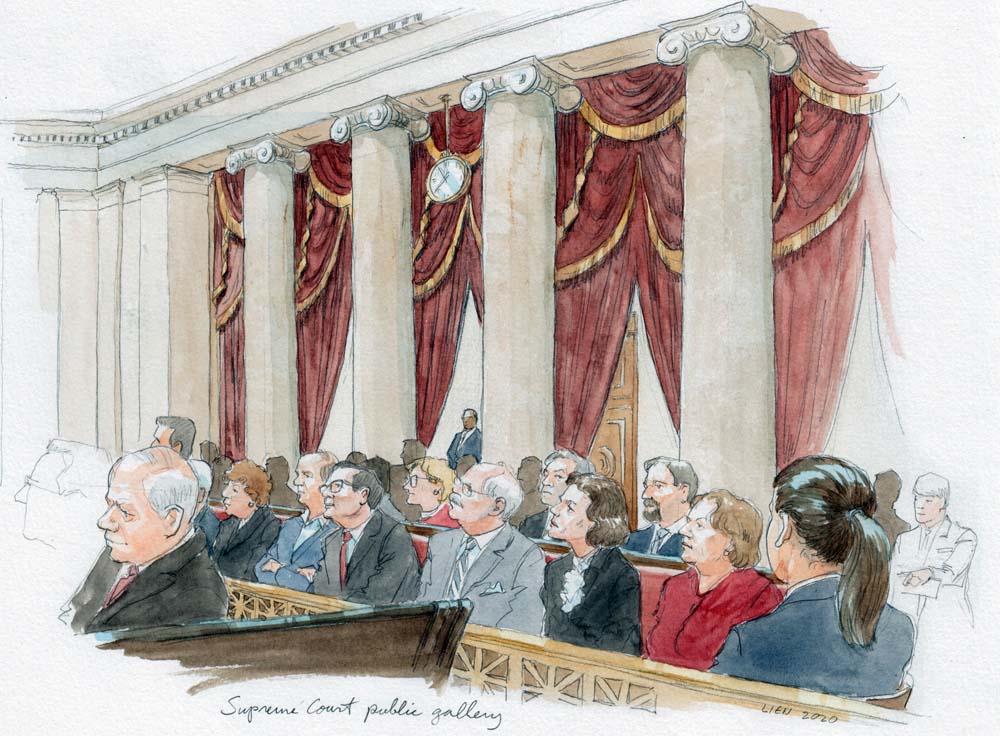The treason to the constitution is a little ever-zealous... Lol
A Respondent may choose to waive the right to oppose a Petition that seems clearly without merit. This will save time and money without any substantial risk if the Respondent feels certain that Certiorari will be denied.
If your opponent files a Petition for Writ of Certiorari, the best practice is to submit a high-quality Brief in Opposition to explain why the Court should not hear the case.
www.cocklelegalbriefs.com
US Supreme Court docket No. 22-380
Docket Files:
https://www.supremecourt.gov/search.aspx?filename=/docket/docketfiles/html/public/22-380.html

The case has been excepted [filed on the docket] the court may order a response from the ever-zealous respondents...
The petition as drafted has been factually docketed [case excepted] [case numbered] [excepted for review], overcoming 'outlined oppositions' as illustrated within litigation manual criteria ~ eh?
"The Supreme Court denies the vast majority of requests for review: 1,945 of the 2,130 so-called paid (i.e., nonindigent) certiorari petitions or appeals acted on during the Court's 1995 term were turned down. An even higher proportion of the nearly 4,500 in forma pauperis (IFP) cases were unsuccessful. 61 U.S.L.W. 3100 (Aug. 6, 1996). In fact, during the tenure of Chief Justice Rehnquist, as the number of lower court decisions has increased, the number of cases set for argument in the Supreme Court has declined. The drop has not been trivial: down from 167 in the 1987 term to 116 in the 1992 term and 90 in the 1995 term. Many of the cases accepted for argument, moreover, are those in which the federal government has sought or supported review; or they involve constitutional, civil rights, or criminal matters. Few are civil business cases..." ABA Litigation Manual, 3d ed.
For its recipient, a certiorari petition can be an anticlimax. After years of successful litigation, you and your client deserve a break, but do not

www.mayerbrown.com










